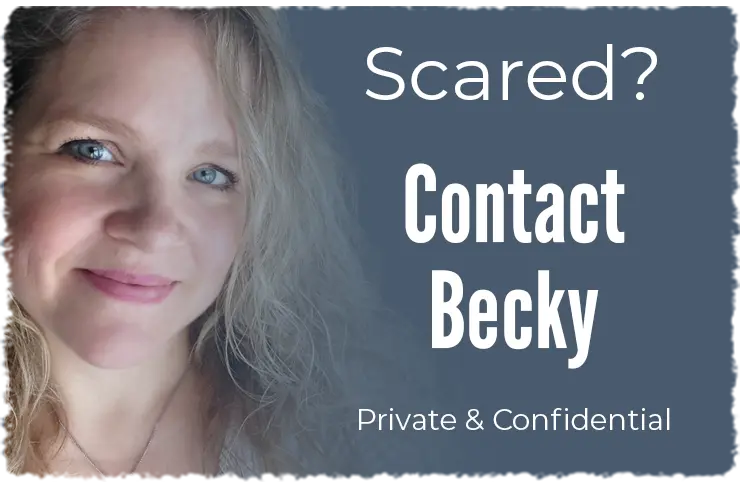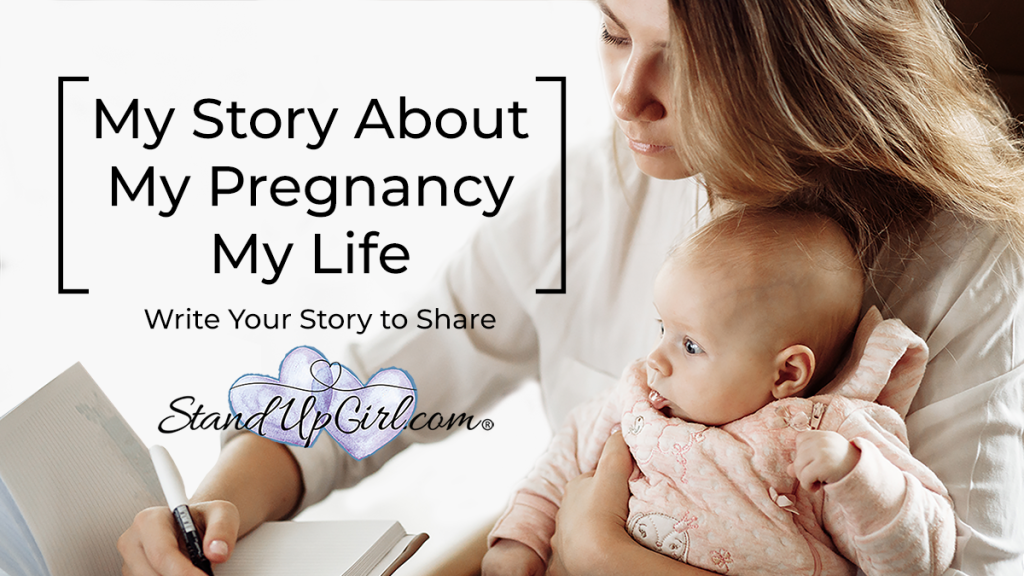Recently Facebook has been on fire with the story of Britney Maynard. She is a 29-year-old woman with terminal brain cancer. She has set November 1st of this year as the day she will take her life though physician-assisted suicide. She has decided to use the remaining weeks of her life to travel, spend time with her family, and to promote physician-assisted suicide. Her choice to end her own life and escape suffering from cancer has been very controversial.
On one hand, suffering is painful and no one wants to suffer, so it seems that the most compassionate thing is to let a person choose how they want to die and to let them pass in a way that is free from suffering. But is suffering bad and should it be avoided?
Yes, suffering is bad—it’s very, very bad. Everyone has suffered to one extent or another, and no one enjoys going through a pain. But should it be avoided? Suffering is not something that we should willfully bring upon ourselves, but when suffering unexpectedly finds us, we don’t have to run away.
Oftentimes when we experience pain, it makes us better people. But why should Britney Maynard, for example, be worried about becoming a better person if she is just going to die? The answer is that suffering is not all about the person who is dying; it is also about those people surrounding the dying person. “True compassion leads to sharing another’s pain; it does not kill the person whose suffering we cannot bear.”
Right now, for example, it is autumn and all the leaves are turning beautiful colors. The truth, however, is that the leaves are beautiful because they are dying. If we just pulled all the leaves off the trees so that they would not have to go through the dying process, we would miss all of the beauty around us.
And so it goes with someone who is dying. Although death is not beautiful like autumn leaves, there is beauty in the dying process because suffering with someone enriches our lives and develops our character and even our humanity. So while some argue that it is compassionate to put a suffering person out of his/her misery, true compassion means not ending their life, but sharing in another’s suffering. It takes a person who is truly in touch with humanity and truly loving to stand beside someone when they are suffering, ugly, distorted, and dying.
But what does any of this have to do with unplanned pregnancy? Going through an unplanned pregnancy is difficult, and there is a tremendous amount of suffering involved too. Suffering like, finishing school and having a baby, raising a child without a father, struggling financially, being teased at school for being pregnant, and on and on.
Some women when faced with this kind of suffering choose abortion to avoid the pain. But when someone can embrace the suffering resulting from an unexpected pregnancy, it can benefit, not only them, but the people around them. In spite of her situation the woman gains a child, the woman’s family gains a new family member, and the child is allowed to have a life and have a future.
Whether someone is talking about death from physician-assisted suicide or death through abortion, the life of the person always has meaning. A life that seems insignificant or purposeless through our eyes does not make it so. When we look below the surface we can see that our lives are not detached from one another, but that we are all connected and therefore we must share in the suffering of others.




